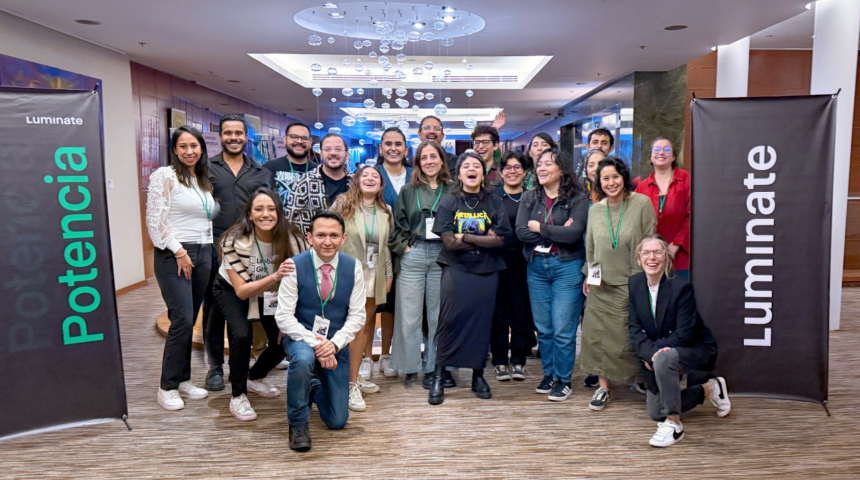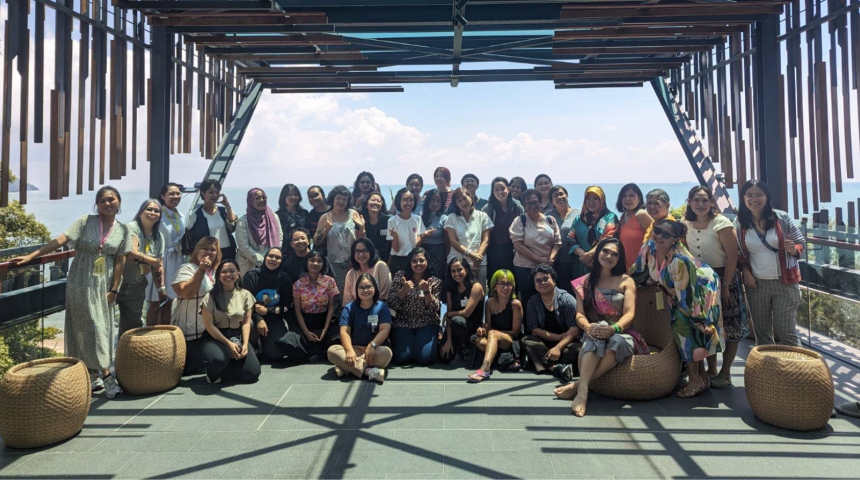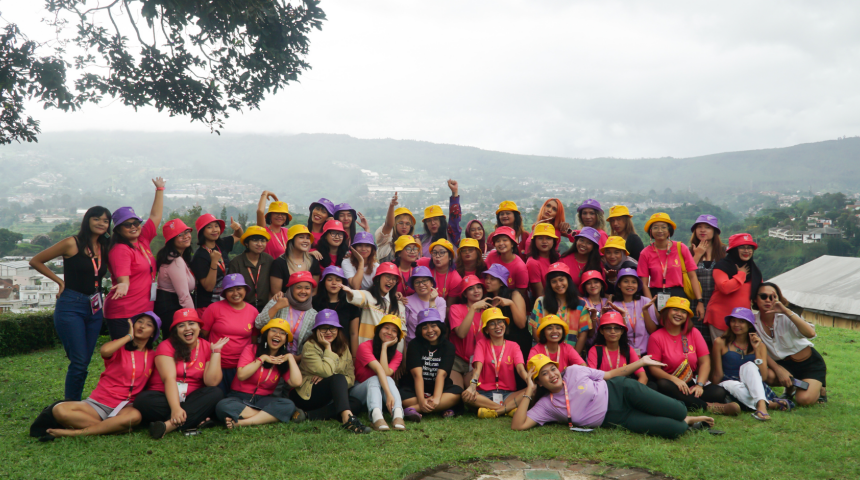Early this year, millions of Nigerians participated in an election process where young people left an indelible mark in the political space through their exuberant campaigning, forcing politicians to develop issue-based platforms. Our partner, Yiaga, is a leading governance organisation in Nigeria. In discussion with our Africa Director Toyin Akinniyi (TA), Yiaga’s Executive Director, Samson Itodo, (SI), urges the new government to consolidate on the hope, energy, and resilience exhibited by young people by prioritising youth needs in policy making.
TA: What stood out most for you during the elections?
SI: The quality of the electoral campaigns greatly improved this year due to citizens’ demands. While youth turnout was poor due to disenfranchisement and voter suppression, young people changed the political landscape. Political establishments were decimated, and old politicians were forced to political retirement.
TA: Increasing mistrust in government institutions was documented by civil society as a concern during the polls. In which ways did this manifest?
SI: Poor communication by Independent National Electoral Commission (INEC), at critical points in the 2023 elections process; violence, voter suppression, vote buying, as well as apparent mutilation of results during collation account for the broken public trust and disappointment with the elections especially amongst young people. This is largely responsible for the steady decline in youth turnout across elections. Despite their demographic strength and innovative and resilient character, young people remain marginalised and excluded from politics and decision-making. This ugly trend accounts partly for the social strife, violence, and brain drain currently being experienced in Nigeria.
.png)
TA: Why is it important for the government to rebuild faith in public institutions? How can this be done?
SI: It takes public trust to build social contracts and ensure compliance with those contractual terms. Social stability, economic prosperity, and national cohesion are products of trust. When public trust is high, government can build support for policies and programmes. The biggest antidote to distrust is transparency. Government institutions should proactively release public information. For instance, the electoral commission should publish all polling unit level results online and offline. The National Assembly should publish voting records and attendance register of legislators to inform constituents of the performance of their elected representatives. Public participation in budgeting design, implementation, and monitoring will also rebuild faith in public institutions. Consistency in the application of rules by public institutions could inspire public confidence. Lastly, subjecting key policies, legislations, or government business to public scrutiny will boost the people’s confidence in public institutions.
TA: Given youth’s enthusiasm in this election, what three priorities would you recommend that the government focus on immediately?
SI: The quest for decent work opportunities is a universal concern for young people in Nigeria. The government must acknowledge that 37% unemployment is unacceptable and take urgent steps to address this issue. Government should ensure young entrepreneurs have access to tailor-made financial assistance in pre- and post-creation phases.
Increased budgetary allocation to education, updating school curricula, and capacity development for teachers will dramatically reform the education system. Government should provide accessible student loans and scholarships to expand youth access to education.
Furthermore, youth engagement in decision-making should be prioritised as it will promote active citizenship and enhance the quality of democratic civic life, transmitting the perspectives of young people into the political arena. Tapping the potential and resourcefulness of young people will address governance challenges, accelerate sustainable development, and reduce social tension.
TA: How can young people stay engaged with democratic processes outside of election periods?
SI: The political space needs to be expanded to include new platforms for state-citizens consultation, co-governance, and political action. Integrating deliberative democracy tools such as citizens’ assembly, and constituency townhalls into decision making will improve opportunities for young people to influence government priorities.
Young people should be empowered with tools and knowledge for negotiating social contracts with elected representatives and holding leaders to account for campaign promises. Monitoring the implementation of campaign promises of elected leaders will sustain youth engagement in the democratic process.
Technology and social media should be utilized to promote political education and engagement in policy debates.
Other sectors have a role to play too. Civil society should also actively fund young people to implement community development initiatives. Political parties should intensely mobilise young people to join parties and create programmes that hone their leadership and organising skills.
.png)
Related content

Potencia: The power of beyond-the-grant support

Online Gender Based Violence: Bringing Partners Together in Southeast Asia

How Brazilians are defending their digital rights
